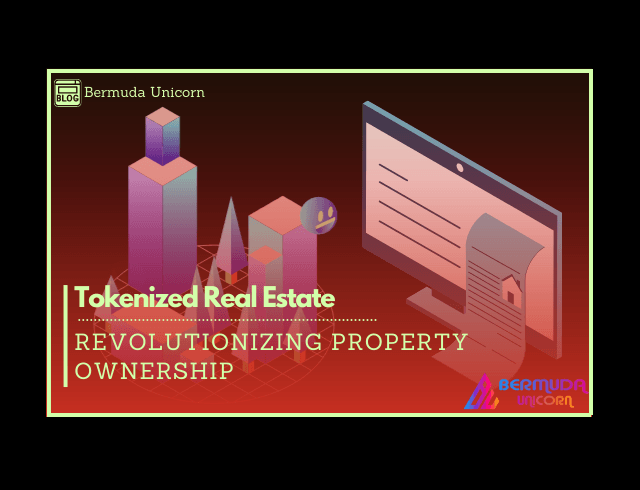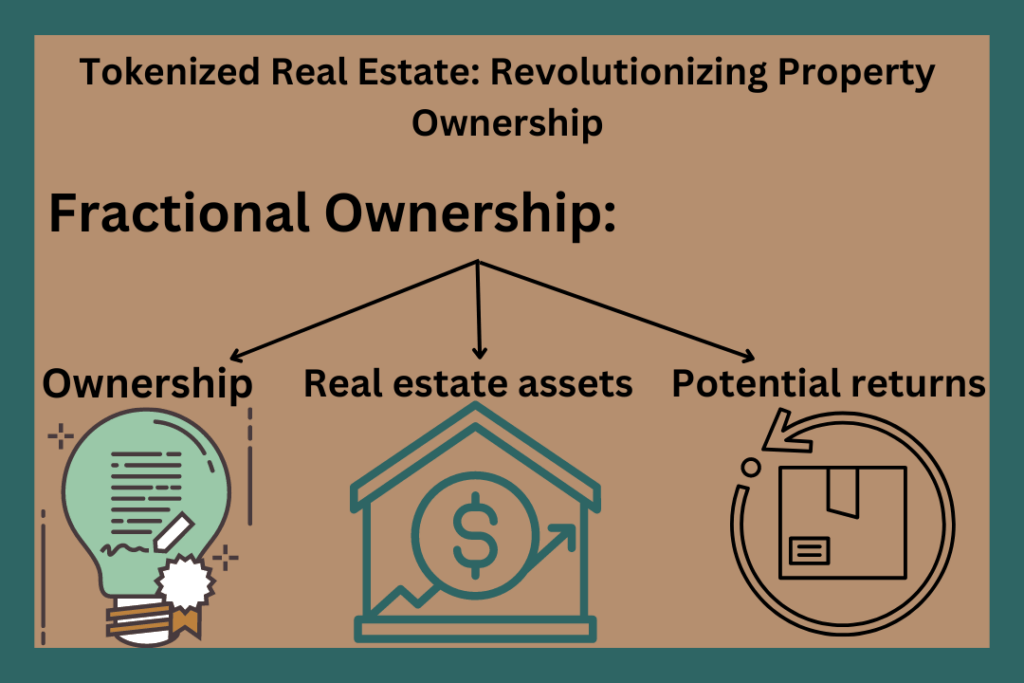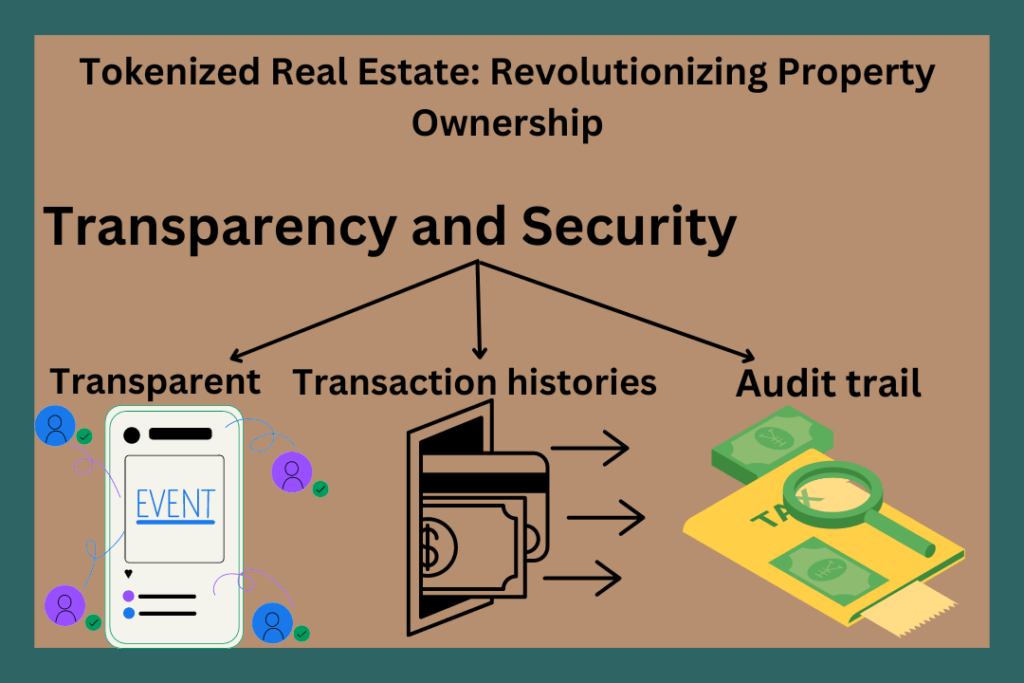![]()

Introduction
The conventional real estate market has a reputation as being difficult to get into and complex. The emergence of tokenization and blockchain technology, however, is ushering in a new era of ownership of property. We’ll talk about the idea of tokenized real estate and how it may simplify real estate investing, improve liquidity, and democratize access to real estate assets in the article below.
Tokenized real estate involves representing physical properties as digital tokens on a blockchain. Each token represents a fractional ownership stake in the property, allowing investors to buy and sell these tokens easily. This fractional ownership model unlocks opportunities for wider participation, as investors can now own smaller portions of high-value properties.
Benefits of Tokenized Real Estate
Fractional Ownership

Tokenization allows for fractional ownership, enabling individuals with limited capital to invest in premium real estate assets. Investors can own a fraction of a property, gaining exposure to potential returns and benefits associated with real estate investment.
Enhanced Liquidity
Traditional real estate investments often lack liquidity, as buying or selling properties can be time-consuming and costly. Tokenized real estate offers a solution by enabling investors to trade tokens on blockchain-based platforms, providing greater liquidity and the ability to exit investments more efficiently.
Global Access and Diversification
Tokenized real estate eliminates geographical barriers, allowing investors from around the world to access properties in different markets. This opens up opportunities for diversification, enabling investors to spread their risks across various properties and locations without the need for extensive local market knowledge.
Transparency and Security
Tokenized real estate transactions are secure and transparent thanks to blockchain technology. The blockchain securely stores property ownership information and transaction histories, lowering the risk of fraud and offering a tamper-proof audit trail. This openness encourages trust among investors and fosters a safer environment for investing.

Income Generation
Investors in tokenized real estate can earn income through rental yields and property appreciation. Rental income from the property is distributed proportionally to token holders, offering a passive income stream while benefiting from potential property value appreciation.
Challenges and Considerations
While tokenized real estate presents numerous advantages, there are challenges to address. Regulatory compliance, legal frameworks, and investor protection must be carefully considered to ensure a safe and regulated environment. Additionally, factors such as governance, valuation methodologies, and market liquidity need to be addressed to foster confidence in this evolving sector.
Conclusion
Tokenized real estate has the potential to revolutionize property ownership by democratizing access, enhancing liquidity, and streamlining investment processes. Through fractional ownership, global accessibility, and improved liquidity, investors can diversify their portfolios and participate in the real estate market more easily. As the technology and regulatory landscape continue to evolve, tokenized real estate offers a promising future, providing opportunities for a more inclusive and efficient real estate market.
